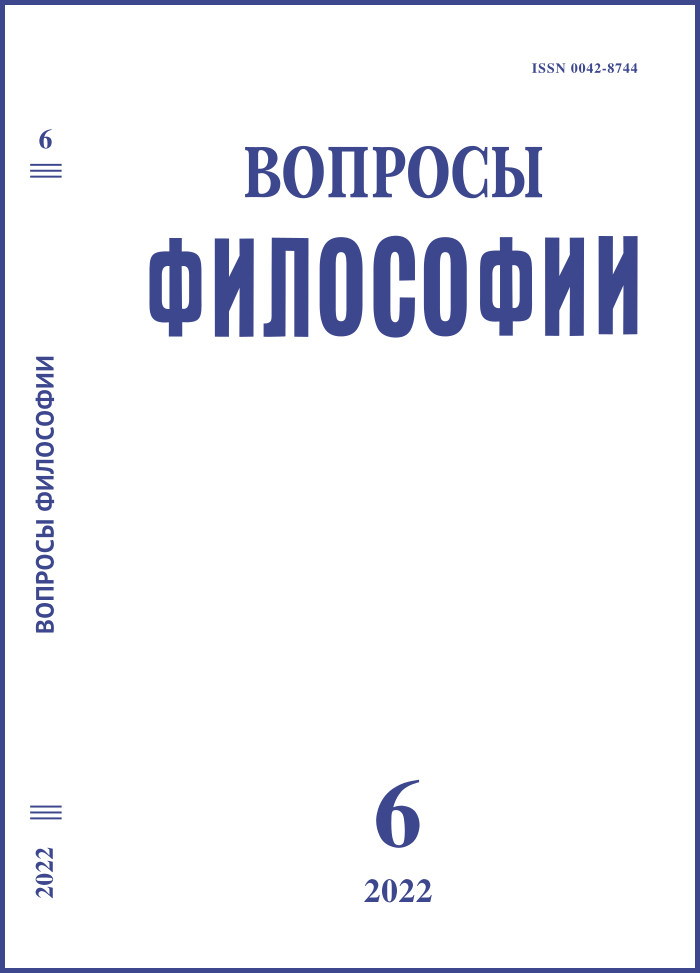L.N. Gumilyov’s Passionate Theory of Ethnogenesis: A Solution to the Research Crisis in Eurasian Studies
DOI:
https://doi.org/10.21146/0042-8744-2022-6-109-119Keywords:
Russian studies, the history of Eurasianism, the Russian diaspora, the philosophy of Russian emigration, political doctrine, research methods, personalism, ideocracy, passionarityAbstract
In this article, the author offers a new reading of the history of Eurasianism based on L.N. Gumilyov’s passionate theory of ethnogenesis. The need for new approaches to the study of Eurasianism stems from the crisis of research in the field of Eurasian studies observed since the mid-2000s. The article provides a brief list of the main trends in the study of Eurasianism and demonstrates that the critical direction, in fact, is not a scientific, but a journalistic program that distorts the essence of the subject of Eurasianism. The critical direction has exhausted its potential and become a purely ideological, structuralist approach. Because the Eurasianist movement was multi-faceted, diverse, and underwent a significant evolution and often appears fragmentary, other research methodologies, despite their essential value, fail cover or describe Eurasianism as a whole phenomenon containing many interruptions, splits, and crises. The application of L.N. Gumilyov’s passionate theory of ethnogenesis provides a more holistic approach to observing the diverse faces of Eurasianism while still viewing it as a single phenomenon, despite the difference and even opposing ideas expressed by the various proponents of Eurasianism, and from this perspective presents itself as a promising research methodology. The article presents the author's view on the essence of Eurasianism and answers the question of the fundamental definition of the movement, its uniqueness, and, at the same time, how it fits within the wider framework of Russian thought.
Published
Versions
- 2025-02-06 (2)
- 2022-06-30 (1)

